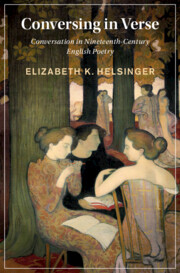Introduction: Research on prehospital emergency work traditionally has focused on medical issues, but paramedics often have to make ethical choices. The goal of this exploratory study was to understand how paramedics experience difficult ethical dilemmas regarding resuscitation of cancer patients.
Methods: Paramedics from ambulance services in Norway were interviewed about resuscitation of cancer patients with cardiac arrest. The qualitative study included naturalistic, semi-structured interviews and a cognitive-emotional, interpretive approach.
Results: All study participants believed that it ethically can be correct not to resuscitate if the patient is expected to survive for only a short time with a very low quality of life and severe negative illness experiences. However, this belief sometimes failed to match formal or informal guidelines and contextual factors such as expectations of relatives. When confronting these challenges, the majority of the paramedics relied heavily on the advice of medical experts, but some had to make more autonomous decisions.
Discussion: The concept of a double pressure situation can be used to analyze the ethical dilemmas regarding resuscitation of cancer patients. The pressure from “below” is grounded in individual caring frameworks, and in the belief that it can be wrong to resuscitate. The pressure from “above” is objective and system-related, related to uncertainty, and grounded in the fundamental and irreducible value of human life.
Conclusions: The findings of this qualitative, exploratory study suggest that ethical concepts and analyses of double pressure situations should have an important role in education and training designed to prepare emergency personnel for difficult life and death choices. More research is needed to shed light on how ethical dilemmas arise in prehospital work.
